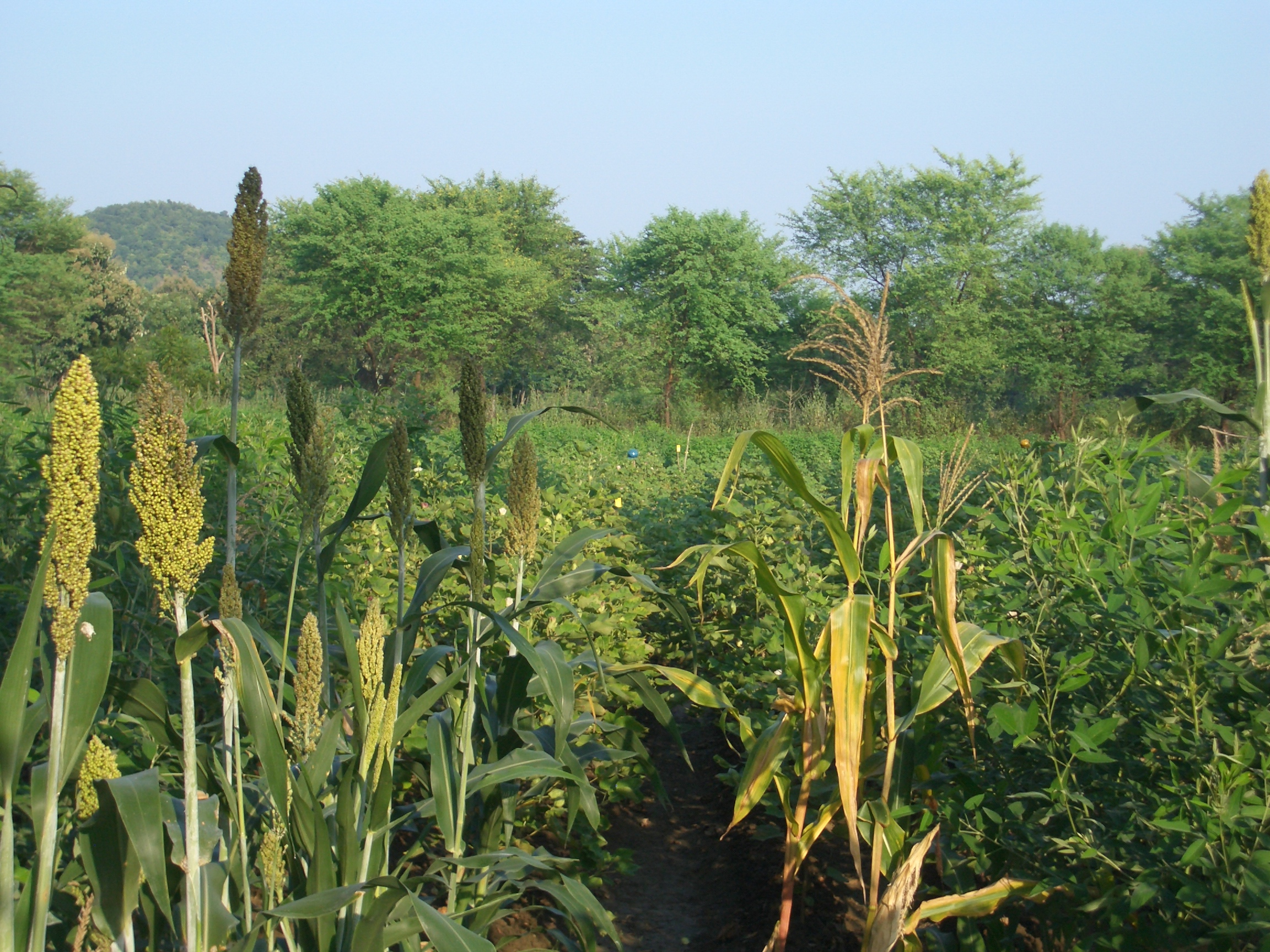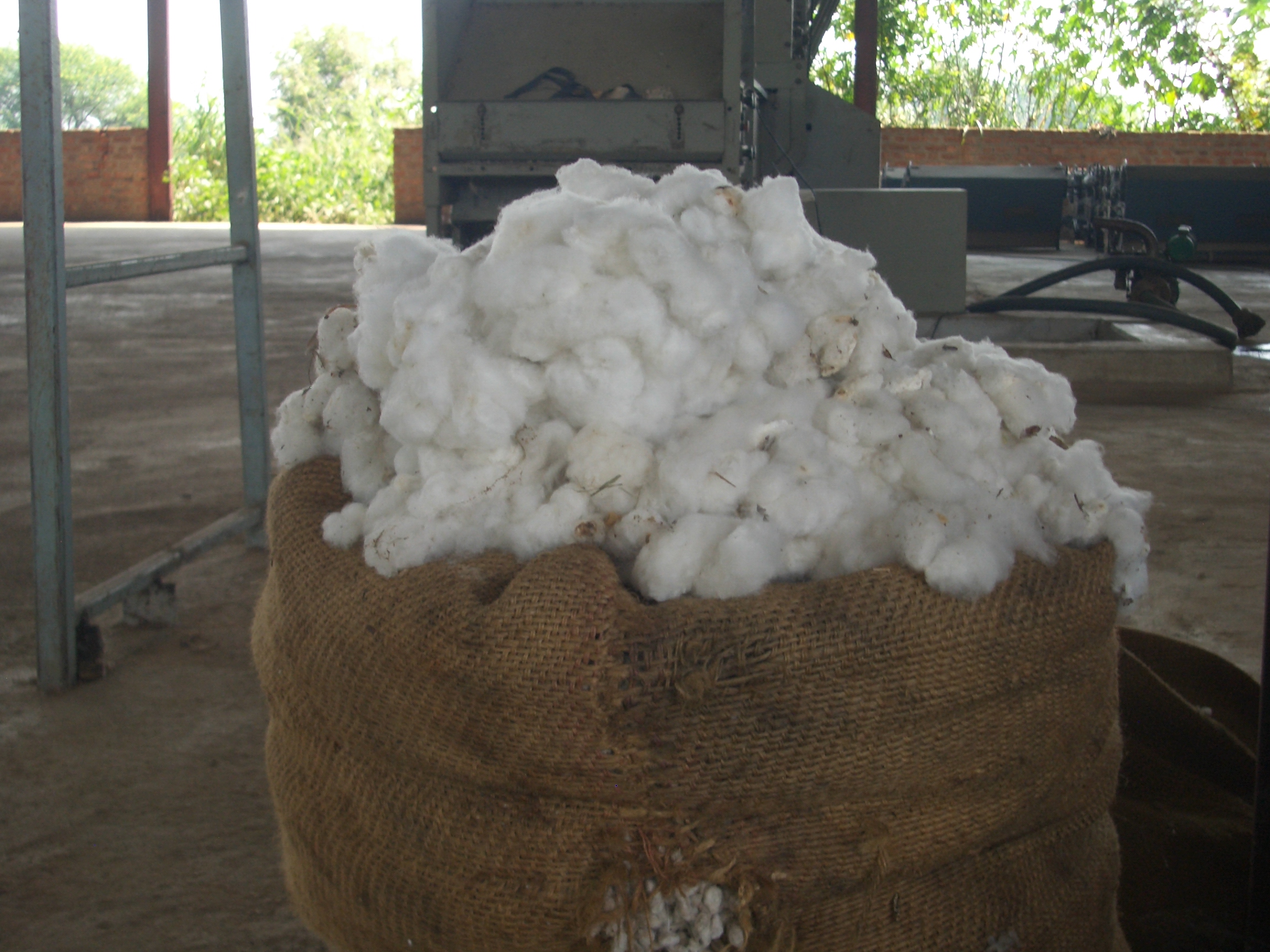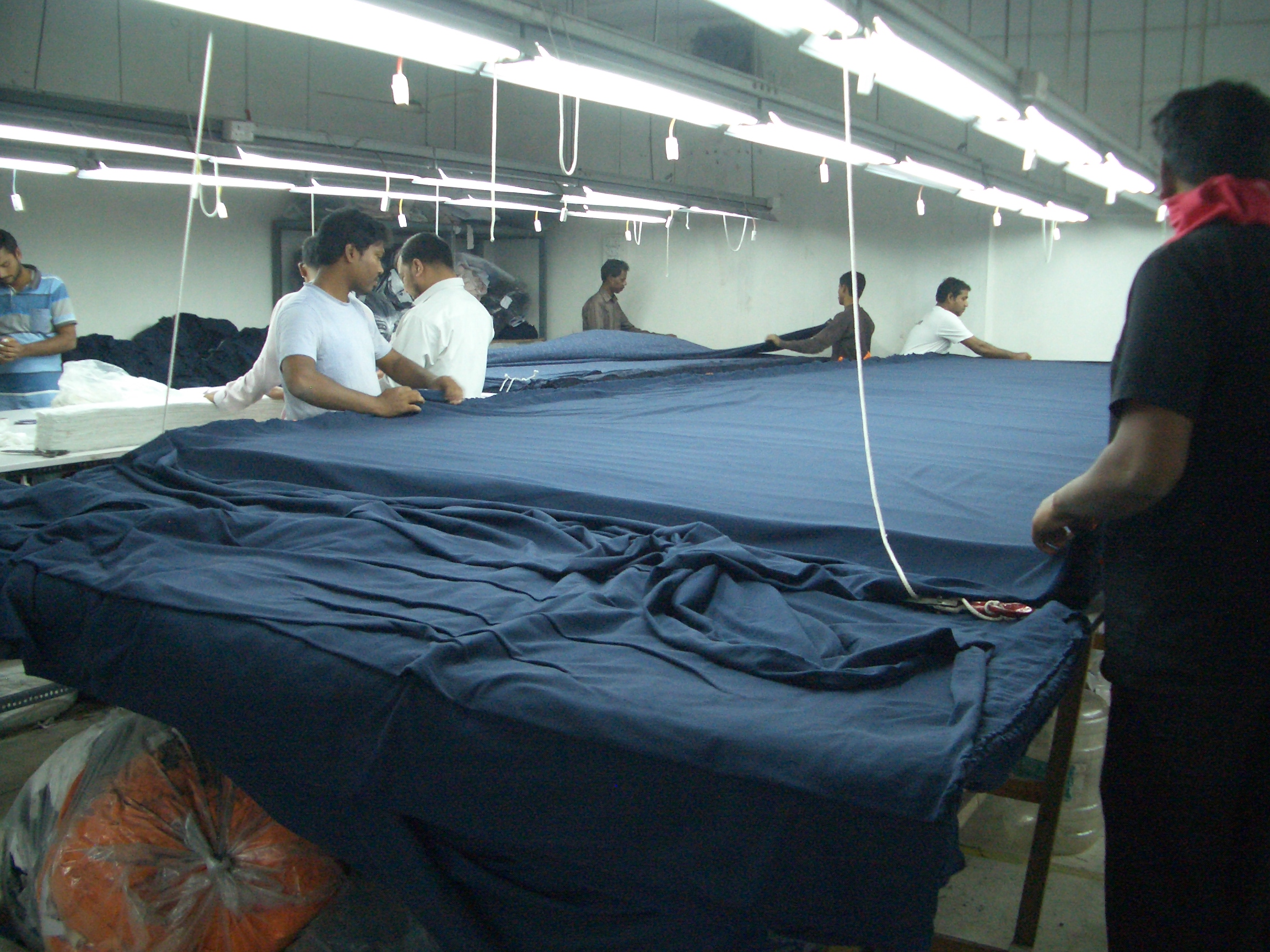Field Notes
Last October, I had the opportunity to visit Chetna Organic, a farmer owned cotton and food crop trading company that works with organic farmers in the rainfed regions of India.
It was my third time visiting India but my first time visiting Odisha, where many of Chetna's members are located. What struck me upon entering the region was the striking change in scenery. In contrast to the heavy pollution typical of much of India, the vegetation here was lush, the air was fresh and the streams were crystal clear.
Over the course of three days, I visited organic farms and learned about the process of farming organically. In contrast to conventional farming, in which the land is treated like a machine and the focus is on maximising short-term output to the detriment of long-term health, organic approaches recognise that the farm is part of an ecosystem on which it depends for its long-term viability. Instead of planting just one plant e.g. cotton - a practice known as monoculture - organic farmers plant cotton alongside other crops, such as sorghum, rice and lentils. These crops provide an array of benefits, from fertilisation of the soil (via nitrogen-fixing legumes) to the management of pests (via trap crops which attract pests away from more valuable plants) and food for the farmers. The diversity of crops also provides a variety of food sources to beneficial insects, and the avoidance of chemicals means the soil is healthy and full of microorganisms that help the plants grow.
The Chetna programme began in 2004 with 234 farmers. Since then it has grown from strength to strength and now has around 35,000 farmers spread across the states of Andhra Pradesh, Maharashtra and Odisha. These are predominantly rainfed areas where farming is weather dependent and risk management is key. Chetna helps its members farm sustainably and profitably through education, capacity building, enterprise development and advocacy. By developing long-term relationships with buyers, it creates a market place for the farmers so that they are not dependent on exploitative middlemen.
After touring the Chetna farms, I visited the factory where the cotton is turned into bed linen. This factory sources all of its cotton from the Chetna project and has been a strong supporter of the project since its inception. The factory is certified by several organisations, including Fair Trade USA and the Global Organic Textiles Standard. Among the benefits it offers its employees are subsidised meals and housing, free transportation to and from work, medical care, interest-free loans and school fees for their children. In addition, 10% of its shares are held by the cotton farmers, so they can benefit from any profit it makes. All of our bed linen products come from this factory and are made with long-staple cotton grown by members of the Chetna project. To shop the collection, click here.






![Ecosophy24May-46[1] (1).jpg](https://images.squarespace-cdn.com/content/v1/538af0f9e4b042208abff466/1514137073639-YTGDVI7QHBEJ7O8L6X8K/Ecosophy24May-46%5B1%5D+%281%29.jpg)